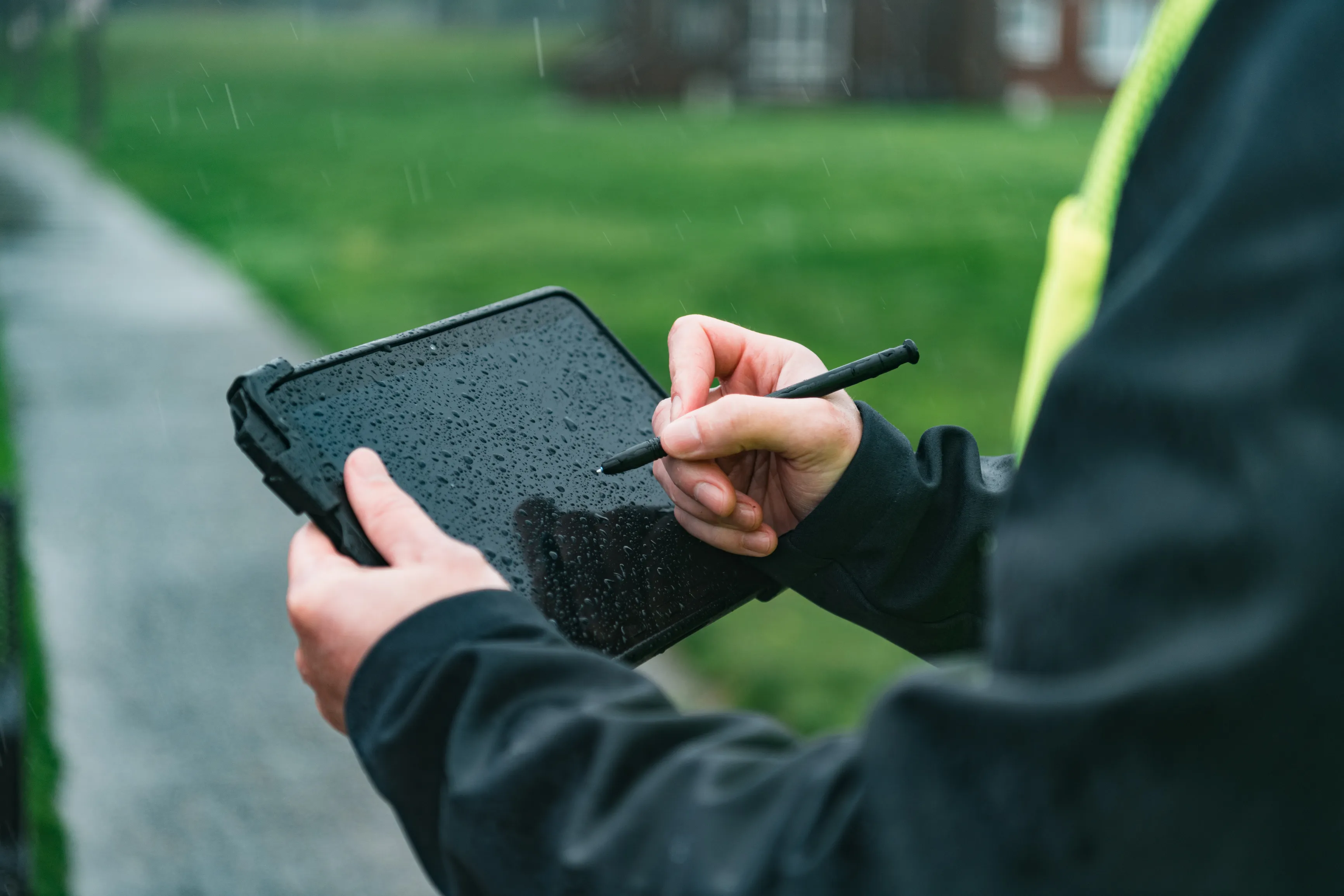The Massachusetts Department of Transportation (MassDOT) and mobile ticketing solutions provider Bytemark are to team up to offer mobile and web based ticketing for the state’s BusPlus program.
The BusPlus program, a partnership between MassDOT and private bus operators, offers new regional transportation services to increase intercity and commuter transportation options available across the Commonwealth and New England.
The free BusPlus app will utilise Bytemark’s patented mobile ticketing solution,
September 11, 2014
Read time: 2 mins
The 7213 Massachusetts Department of Transportation (MassDOT) and mobile ticketing solutions provider 7877 Bytemark are to team up to offer mobile and web based ticketing for the state’s BusPlus program.
The BusPlus program, a partnership between MassDOT and private bus operators, offers new regional transportation services to increase intercity and commuter transportation options available across the Commonwealth and New England.
The free BusPlus app will utilise Bytemark’s patented mobile ticketing solution, which enables passengers to purchase and store transit passes on their mobile devices, then simply show the screen to bus operators or scan the on-screen barcode upon boarding. The app will be available initially for493 Apple iOS and 1812 Android with a Windows Phone version coming at a later date. The application will offer schedules, a trip planner and the latest service advisories. A BusPlus website will allow for account management, ticket purchasing, and print-at-home options.
Micah Bergdale, CEO of Bytemark, said, “We could not be more thrilled to be working with MassDOT on the BusPlus mobile and online ticketing project.”
“BusPlus has made a positive difference for customers across the region with new buses and better options in expanded regional transportation services,” said MassDOT secretary and CEO Richard A. Davey. “And a mobile and online ticketing option adds an important convenience for the daily commute.”
“Smartphone and online ticket options are becoming a customer expectation in public transportation, and I am pleased to see the BusPlus program partner with Bytemark to deliver this enhancement for riders across the Commonwealth and New England region,” said MassDOT Rail and Transit Division administrator and MBTA general manager Dr Beverly Scott.
The BusPlus program, a partnership between MassDOT and private bus operators, offers new regional transportation services to increase intercity and commuter transportation options available across the Commonwealth and New England.
The free BusPlus app will utilise Bytemark’s patented mobile ticketing solution, which enables passengers to purchase and store transit passes on their mobile devices, then simply show the screen to bus operators or scan the on-screen barcode upon boarding. The app will be available initially for
Micah Bergdale, CEO of Bytemark, said, “We could not be more thrilled to be working with MassDOT on the BusPlus mobile and online ticketing project.”
“BusPlus has made a positive difference for customers across the region with new buses and better options in expanded regional transportation services,” said MassDOT secretary and CEO Richard A. Davey. “And a mobile and online ticketing option adds an important convenience for the daily commute.”
“Smartphone and online ticket options are becoming a customer expectation in public transportation, and I am pleased to see the BusPlus program partner with Bytemark to deliver this enhancement for riders across the Commonwealth and New England region,” said MassDOT Rail and Transit Division administrator and MBTA general manager Dr Beverly Scott.









